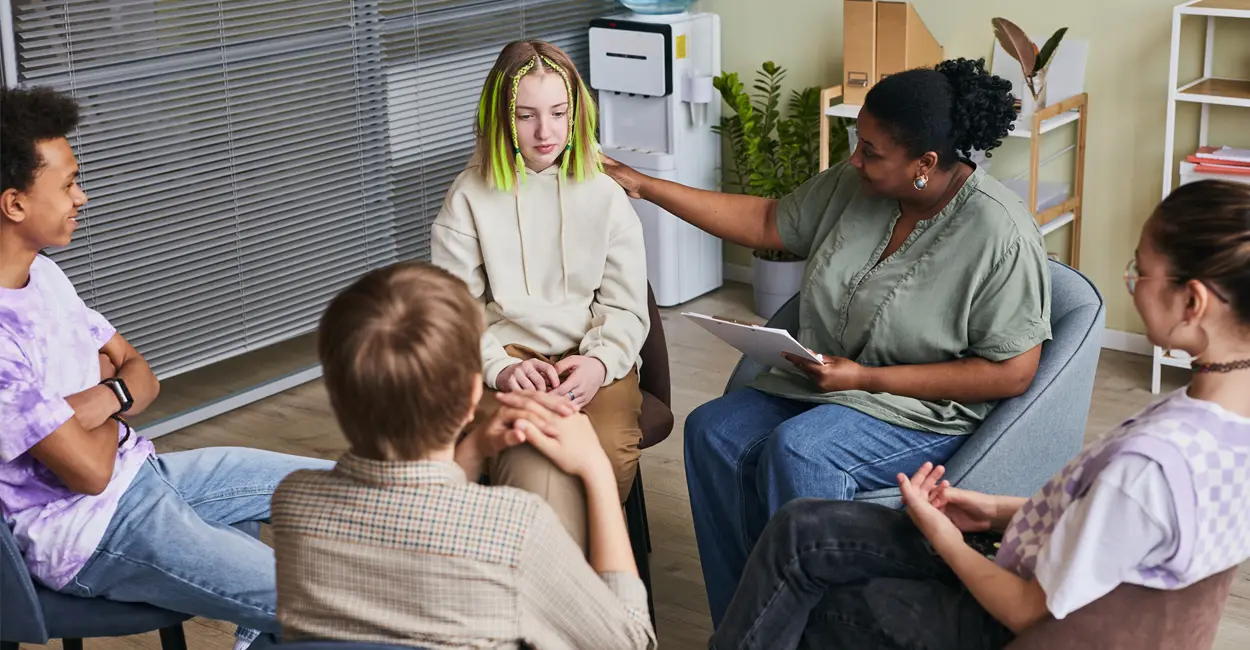24/7 Helpline:
(866) 899-111424/7 Helpline:
(866) 899-1114
Other Insurance Options

Ambetter

Anthem

Oxford

Health Choice

Excellus

Access to Recovery (ATR) Voucher

Kaiser Permanente

UMR

Cigna

Private insurance

Premera

Covered California

State Farm

Multiplan

BlueCross

ComPsych
Beacon

UnitedHealth Group

Regence

Sutter

















